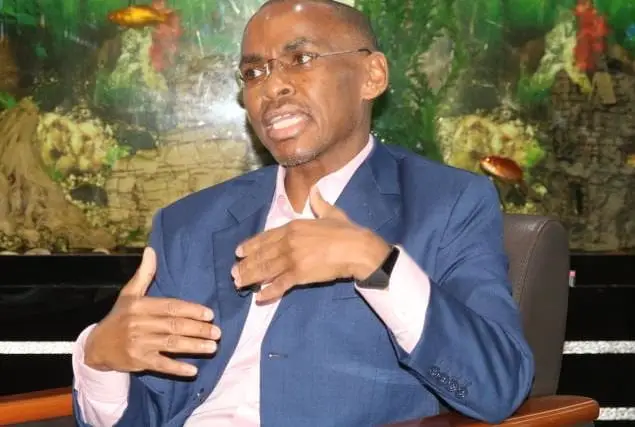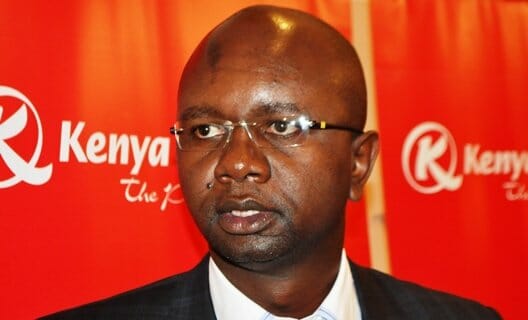[ad_1]
Kenya is in the grip of a high level of depression.
Even the Head of State, President Uhuru Kenyatta, is seemingly a disturbed man — if his recent public outbursts and tongue-lashing are anything to go by.
And as he seeks to cement his legacy, the ripple effects of the economic meltdown caused by endemic runaway corruption have led to the proliferation of anger among the people.
Ranked as the happiest and most optimistic populace immediately after the ushering in of the Narc regime in 2002, the calibration has plummeted 17 years down the line.
Kenyans are now the most exasperated lot, grappling with corruption, national and individual debts, low income levels, general unemployment, retrenchment, baneful diseases and catastrophic disasters like floods, landslides and drought.
Paradoxically, there are huge infrastructural and capital-intensive projects taking place amid a poverty-stricken people condemned to death by their own government’s inability to build an economically sustainable country.
A hungry Kenyan cannot understand how the Herculean Lapsset project is going to wire food to their table.
A terminally ill Kenyan cannot wrap his/her head around the construction of a titanic standard gauge railway “to nowhere” yet there are no efficient health facilities to provide medical treatment.
A parent whose child was crushed by the debris of a collapsed school building cannot comprehend why the government is viciously determined to construct a ‘storeyed’ expressway by hiving off part of Uhuru Park just to save the elite from the traffic snarl-up choking the city, yet it cannot ensure structures to be occupied by learners meet the basic construction threshold.
An average Kenyan woman vegetable seller is dumbfounded when the government keeps pontificating about unprecedented economic growth yet she cannot afford basic food.
A typical youth wonders where the “Big Four agenda” is being actualised as they have knocked on literally every door seeking a job but are turned away.
The tragedy is that the government is operating at the macro level of the economy.
However, the common man is at the microeconomic level, dealing with substandard inputs for their farms, shrinking market for their farm produce and inaccessible capital to keep their small enterprises afloat.
In between is a deep gap that has been filled with anguish, untold misery, forlornness, vulnerability, wretchedness and torment; a constant supply of steady diet that depression needs to nourish its tentacles of death that are spread around the country like a hydra.
That is why fathers cannot stand their families anymore. The men see their wives and children as burdens and opt to wipe them off the face of the earth.
Single mothers who cannot provide for their babies prefer strangling them.
Boys and young men who find their families toxic cannot accept rejection by the ladies they bump into who they feel would give them the elusive peace of mind and choose to kill them.
Police officers, frustrated by enormous work and meagre pay, find it easy to pull the trigger on innocent civilians.
When a government cannot provide safe and sustainable opportunities for the people to thrive but is quick in offering lip service, cold-blooded murder becomes the national norm.
[ad_2]
















































